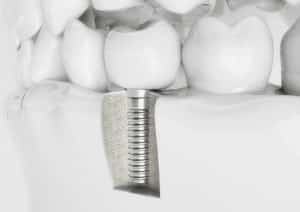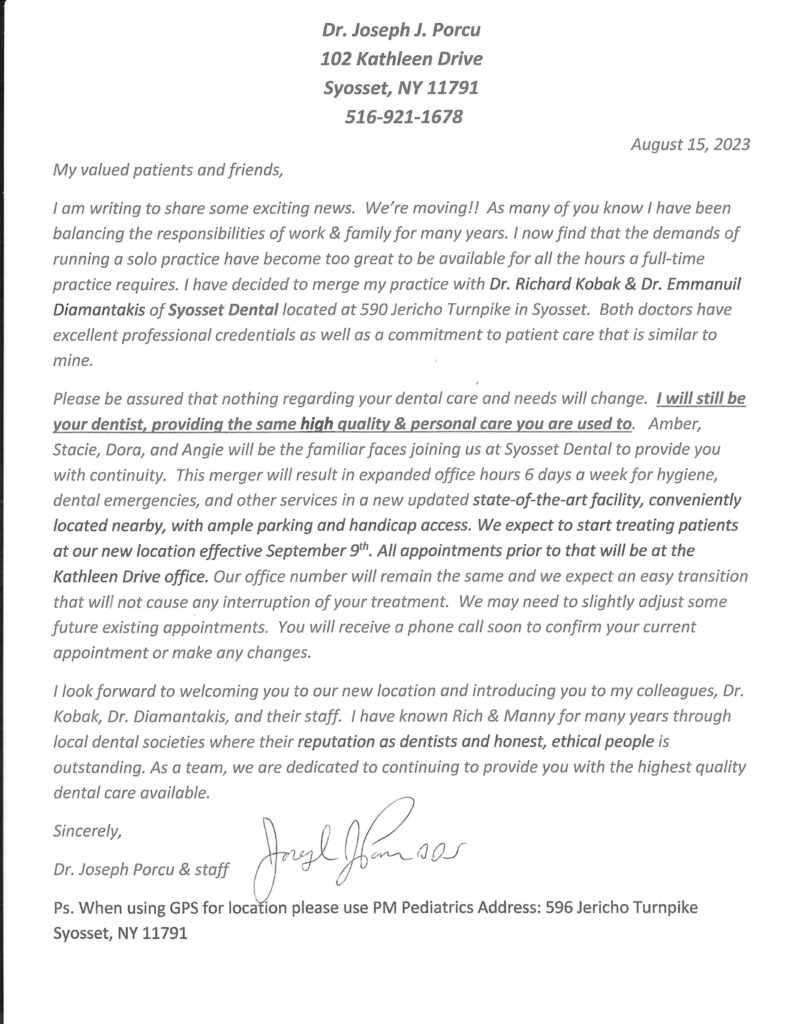 Tooth loss may still be a concern for many patients, but with the lifelike restorative benefits of dental implants, it doesn’t have to be such a profound issue. Implants are essentially prosthetic roots for your replacement teeth; the small, biocompatible posts are inserted into the jawbone, then connected to a prosthetic crown, bridge, or denture. The ability to mimic natural teeth roots often makes dental implants the ideal solution for reconstructing smiles that have suffered tooth loss.
Tooth loss may still be a concern for many patients, but with the lifelike restorative benefits of dental implants, it doesn’t have to be such a profound issue. Implants are essentially prosthetic roots for your replacement teeth; the small, biocompatible posts are inserted into the jawbone, then connected to a prosthetic crown, bridge, or denture. The ability to mimic natural teeth roots often makes dental implants the ideal solution for reconstructing smiles that have suffered tooth loss.
How Implants Work
When you lose a tooth, your jawbone feels the loss in the lack of stimulation. Without the tooth root present, that area of the jawbone will receive fewer nutrients, and can eventually become resorbed. Dental implants help stop the resorption by reestablishing the stimulation and the healthy flow of nutrients. This, in turn, helps keep your jawbone strong and healthy enough to support all of the teeth that remain, reducing your risks of future oral health complications.
More than Stable Teeth
The immediate benefits of dental implants include the comfort and stability of replacement teeth that are anchored to your dental arches. That stability mimics the security of natural teeth, which helps improve the long-term integrity of the ones that still remain. A more stable dental prosthesis creates better bite balance, reducing undue pressure and friction on your teeth that could eventually damage them.
The Long-Term Benefits
Unlike conventional prosthetic dental options, implant posts can last for life with proper care and maintenance. Even if your restoration (i.e., crown, bridge, or denture) requires replacement, your dentist can place your updated prosthesis on the same previously inserted implant posts. Because your implants will have helped retain the integrity of your dental arches, crafting a replacement prosthetic will also be simpler and more effective than without dental implants.











